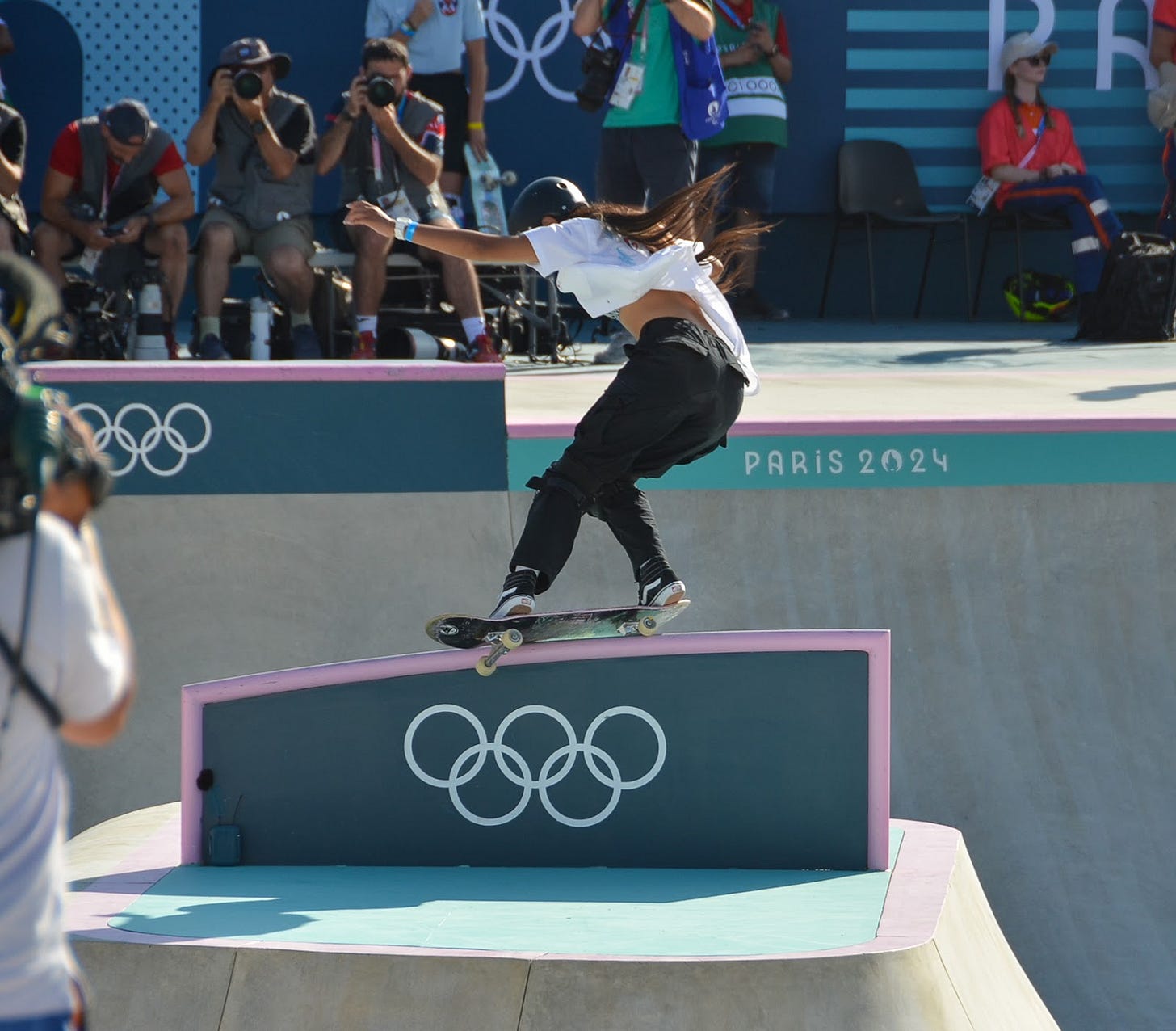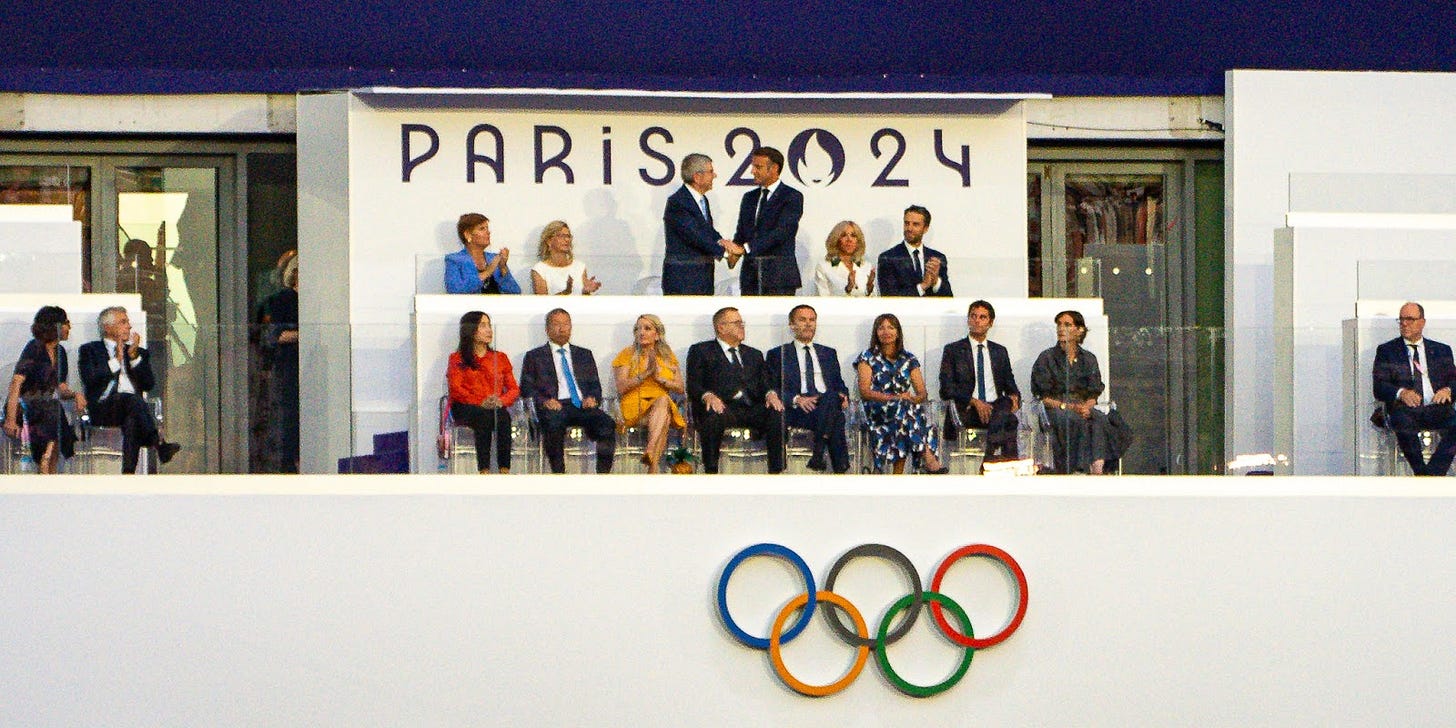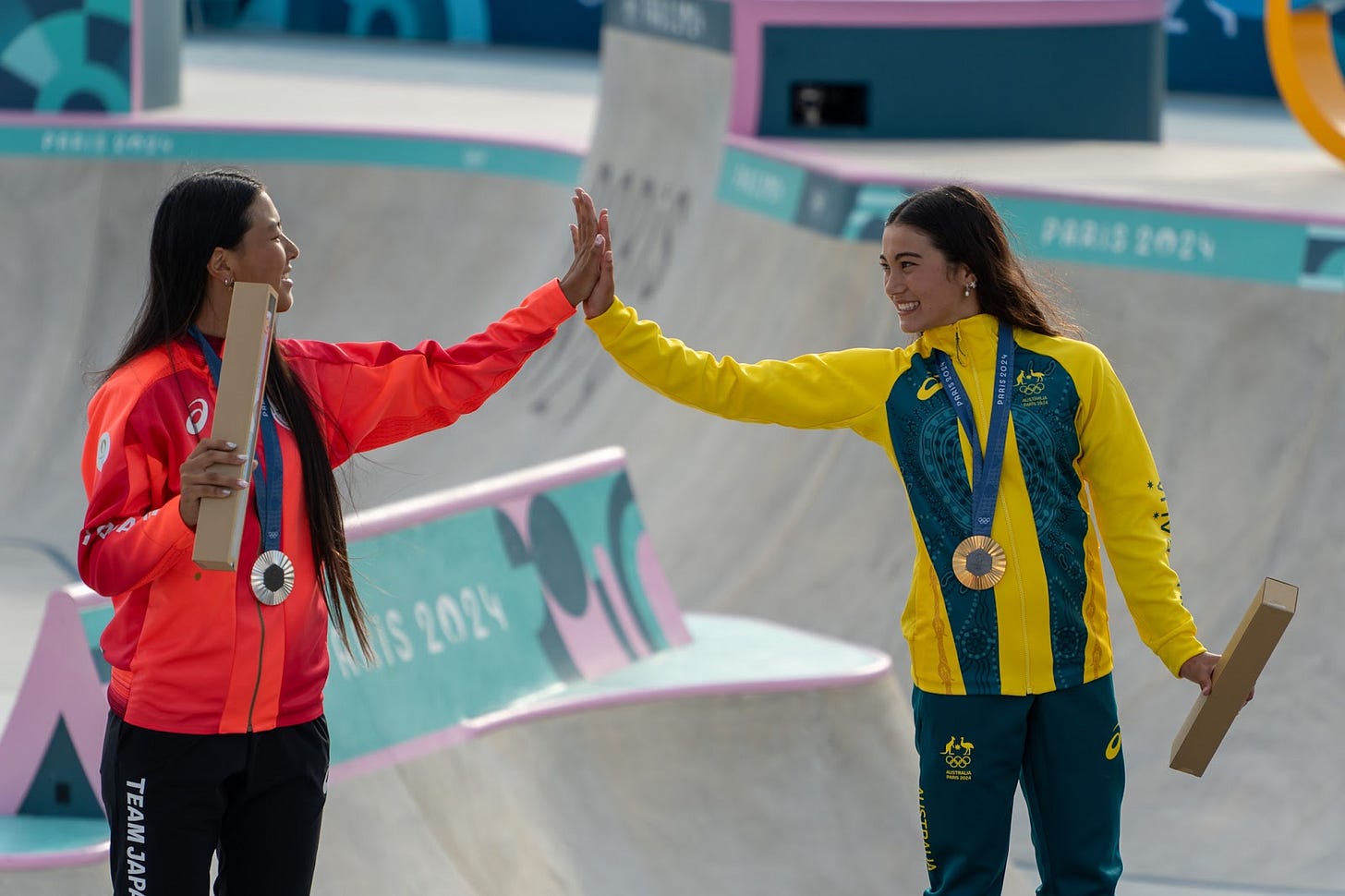How to Compete in the Olympics
The top athletes in the world will be competing at the LA Olympics in 2028. Fresh off the end of the 2024 Paris Olympics, you might be wondering how you can compete in 2028.
Unsurprisingly, being an lOympian requires you to be incredibly fit, dedicated, and hard working. But depending on your sport, qualifying for the Olympics can be a multifaceted process that involves meeting performance standards, participating in key competitions, and adhering to specific criteria set by the International Olympic Committee (IOC) and international sports federations.
With the 2028 Olympic Games in Los Angeles on the horizon, understanding the qualification process for both traditional and new sports is essential. Here's what you should know:
The International Olympic Committee allocates spots
The International Olympic Committee determines the sports of each Olympics, and formally invites each national committee about a year before the Games to begin selecting and supporting athletes. Generally, each country has a maximum number of athletes they can bring for each sport, but no minimum; all athletes must pass the qualification criteria for their sport to be included in a national delegation. However, there are two exceptions:
Universality Places
To promote global representation, the IOC reserves some spots for athletes from countries that do not have qualified participants in certain sports. These "universality places" ensure that athletes from underrepresented regions have the opportunity to compete in the Games.
Host Country Quotas
The host country usually receives automatic qualification spots in select events to encourage local participation and engage the home audience. This ensures that the Games have a strong local presence and fosters excitement among local fans.
National Olympic Committees choose their team
Each country's National Olympic Committee (NOC) is central to the qualification process. NOCs oversee the qualification of their athletes and ensure compliance with the required standards and criteria. Countries may have centralized training camps and centers for various sports, and hire coaches for the national team.
How Athletes Qualify
Athletes typically qualify by meeting performance standards set by their sport's international federation. For example, in athletics, 50% of the qualification spots are allocated based on athletes achieving specific entry standards within a set period, while the other 50% depend on world rankings. These standards are periodically updated to reflect the evolving competitive landscape.
Many sports have designated qualification events, including World Championships, Continental Championships, or Olympic Qualifier Series. Others have qualification events within the nation; for example, Simone Biles qualified for the USA gymnastics team through her performance in the US Championships, and then in the US Olympic Trials.
What you should do
For athletes aiming to compete in the Olympics, thorough preparation is essential. Understand the specific qualification criteria for your sport, participate in key competitions, and stay informed about any updates to the qualification process. Engage with national and international sports organizations, to help navigate the qualification landscape effectively.
Qualifying for the Olympics is certainly challenging; it involves meeting rigorous standards and navigating a complex system of competitions. But it's certainly not impossible. The youngest olympian in Paris was 11; the oldest, 65. Andrea Proske began rowing as a hobby at 27 and won Gold in the Women’s 8s at Tokyo 2020 at the age of 35.
Get started! We'll see you on stage in 2028.



